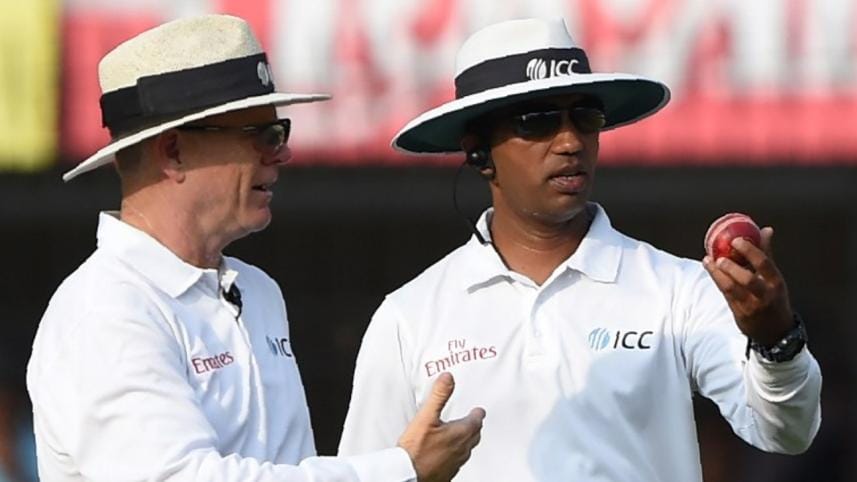India's DRS apathy ends on Friday

India will become the last Test nation to embrace cricket's decision review system (DRS) this week when they take the field against England for the first Test on Friday, ending their resistance to on-field technology at a time of growing debate about its impact on the game.
While the recent series between England and Bangladesh fuelled criticism that the constant resort to TV replays has undermined umpires' confidence, DRS supporters say the technology is rapidly improving.
While the other nine teams have been using DRS for years, the world's number one Test side had resisted over doubts about its reliability, sparked by a frustrating trial run in 2008.
India's master batsman Sachin Tendulkar was long rumoured to be at the forefront of the opposition in the dressing room and World Cup winning skipper Mahendra Singh Dhoni was also a sceptic.
But opposition has faded since Tendulkar retired and Dhoni stepped down as Test skipper (he remains ODI captain).
India's agreement to employ DRS for the five-Test series against England that begins this week came after an International Cricket Council (ICC) presentation last month on upgrades in technology.
Announcing the U-turn, the country's cricket board president Anurag Thakur said India "recognise the enhanced role of technology in sport" and would deploy all the DRS tools in the England series.
DRS comprises three main elements: ball-tracking technology known as 'Hawkeye'; a high-audio microphone known as 'snicko' which detects the sound of a ball grazing the bat or gloves; and 'hotspot' thermal imaging which can also determine where a ball makes contact.
ICC general manager Geoff Allardice said India's change of heart stemmed from improvements which more accurately predict whether the ball would have gone on to hit the stumps after hitting a batsman's pads.
"Our aim for a long time has been to make the DRS technology better with an end goal of getting it used more consistently in international cricket," he said in a conference call from the ICC's Dubai headquarters.



 For all latest news, follow The Daily Star's Google News channel.
For all latest news, follow The Daily Star's Google News channel.
Comments